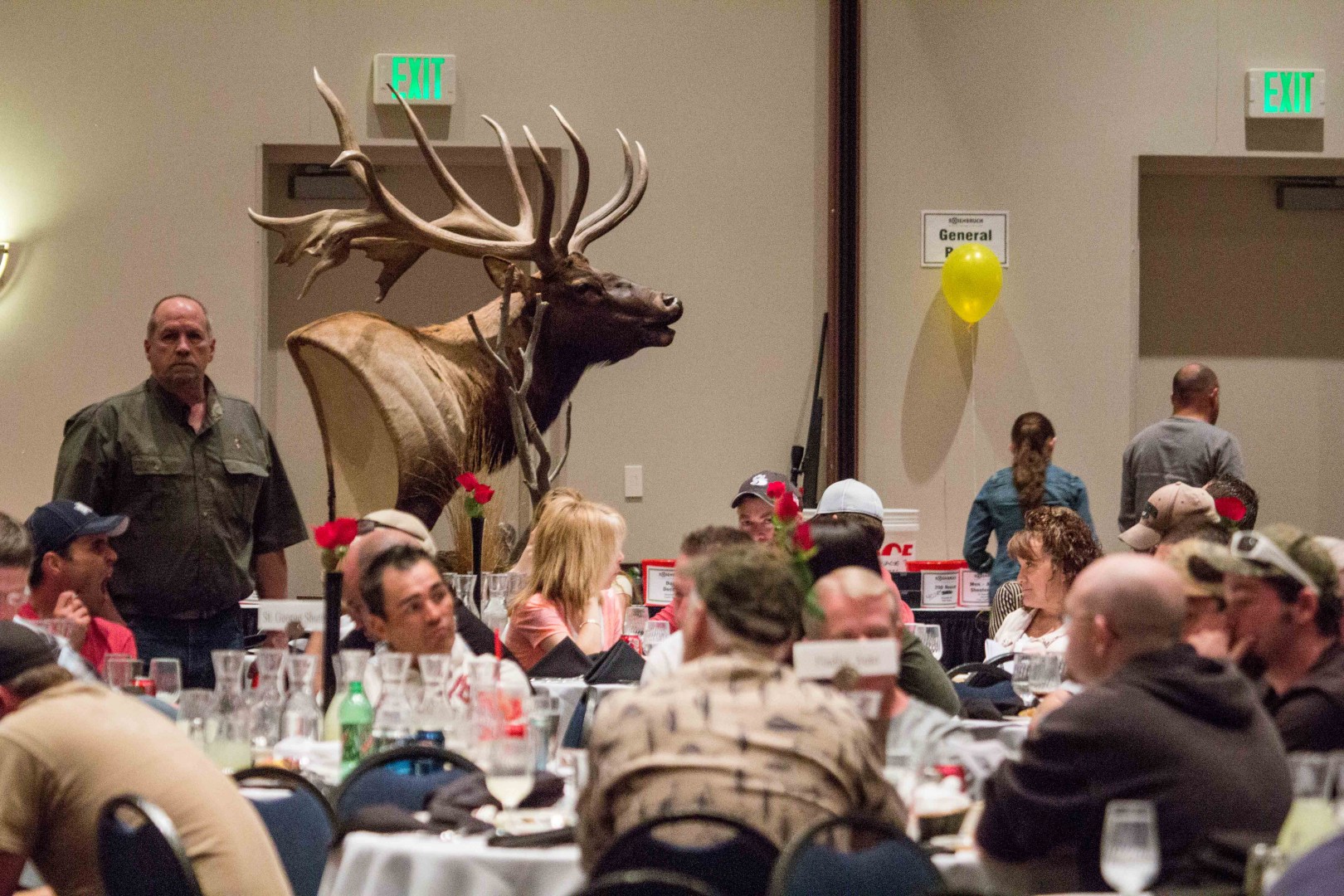ST. GEORGE — While Utah’s wildlife agency oversees millions of dollars of conservation funds raised each year at hunting expos and nonprofit banquets, the full scope of programs involved and the fundraising process have been somewhat obscure to legislators and taxpayers, alike.

The Wildlife Conservation Fund, designated as HB 78 in the 2022 Utah Legislature, would consolidate the separate fundraising programs and – following an amendment made during committee review – implement a reporting procedure for legislative oversight.
The bill’s chief sponsor, Rep. Casey Snider of Cache County, said the legislation was drafted in response to a 2020 audit that found a pressing need for greater transparency and accountability.
“Generally, sunlight is always the best medicine for anything that we do here, especially when it’s taxpayer dollars,” Snider said. “The establishment of this fund is in response to a specific audit, and it allows the public to see every step in the process – including the Legislature at a later point – where the money is spent, where it is collected, how much and all the steps in between.”
If approved, the bill would establish a special revenue fund managed by the Utah Division of Wildlife Resources. The fund would combine two separate but closely related programs: the wildlife conservation permit program and the wildlife exposition program.
Under the permit program, the state sets aside a small number of hunting tags for conservation organizations like Ducks Unlimited, the Rocky Mountain Elk Foundation and the Mule Deer Foundation. These organizations can apply for and receive hunting permits to auction off at banquets or other events, maximizing the proceeds for use in approved wildlife management projects.

The new fund also gathers funds raised through the hunting permit lotteries organized at large exhibitions like the Western Hunting and Conservation Expo. At events like these, attendees can pay a relatively small fee to be entered into a drawing for some of the most sought-after trophy hunt permits available each year.
Legislators discussing the bill in the House Natural Resources, Agriculture, and Environment Committee meeting mentioned the controversy that surrounded the expo permit program, including a 2016 decision to entrust the state’s largest expo (and the accompanying share of lottery permits) to Sportsmen for Fish and Wildlife.
The decision by the state wildlife agency drew the ire of many hunters and conservationists that alleged corruption was to blame for the choice, particularly because a competing nonprofit – the Rocky Mountain Elk Foundation – who had promised to commit a much larger share of the expo’s proceeds to conservation efforts if entrusted with its management.
“It has generated controversy throughout the years, I think rightfully so,” Snider said. “But I think this (bill) hopefully clears this up.”

To that end, the fund will manage more of the money coming in and ensure that it is disbursed to partner organizations with proper documentation, according to the bill’s text. In addition, the bill was amended to include a requirement for annual reporting to the Legislature regarding the amount of money in the fund, its sources and how the money is expended.
Riley Peck, wildlife research manager and biologist with the state wildlife agency, said the fund could be expected to reliably raise millions of dollars each year.
“The conservation permits that are auctioned off at the banquets generate, per year, anywhere from $4 (million) to $5 million,” Peck said. “The expo permits generate around $1 million. Those are not exact numbers – they’re very close and as you know they can fluctuate with the price of the permits or the amount of people applying for those permits.”
Following its amendment, the bill was recommended favorably by the House Natural Resources, Agriculture, and Environment Committee with a vote of 12-0 (with two members absent or non-voting).
After returning to the Utah House of Representatives for a third reading, the bill ultimately passed the lower chamber without opposition and with the support of all five House members representing Iron and Washington counties.
The bill has been introduced to the Utah Senate and already received a favorable recommendation from its natural resources committee. As of Feb. 8, it has been placed on the second reading calendar for further consideration on the Senate floor.
Check out all of St. George News’ coverage of the 2022 Utah Legislature here.
For a complete list of contacts for Southern Utah representatives and senators, click here.
Copyright St. George News, SaintGeorgeUtah.com LLC, 2022, all rights reserved.